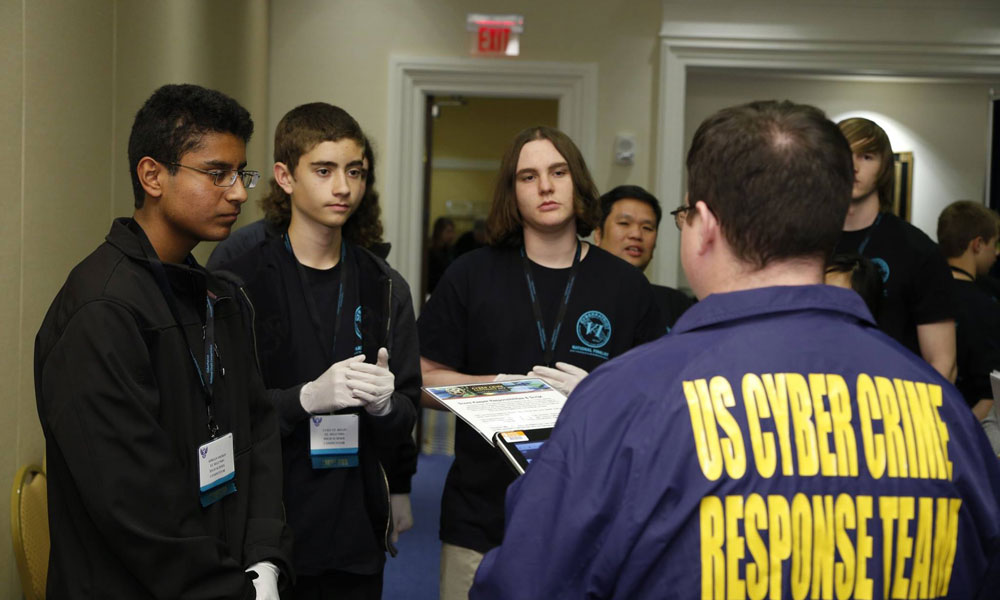
Air Force Association Hosts First Ever “CyberPatriot” Camp for Students
As an extension of its national cyber education program, the Air Force Association is launching a CyberPatriot camp to teach high school students about online safety and introduce them to education and career opportunities in cybersecurity.
Later this month, 20 high school students will get a chance to hone their cybersecurity and online safety skills at the Air Force Association’s inaugural CyberPatriot CyberCamp [PDF].
The camp is an extension of AFA’s CyberPatriot National Youth Cyber Education Program, which aims to educate high school students about careers in cybersecurity as well as the science, technology, engineering, and mathematics (STEM) fields. A key component of the program is the National Youth Cyber Defense Competition, which has grown into an annual international event.
“Our competition has grown from a modest pilot program of eight teams of high school students—all in Florida—in 2009 to over 1,500 teams last season in all 50 states, Canada, and at U.S. Department of Defense Schools in Europe and the Pacific,” Bernie Skoch, CyberPatriot national commissioner, said in a statement. “After hearing from schools asking for more participation year round, in addition to our competition that begins each October and continues to March, we decided to develop the CyberCamp program.”
Skoch and several CyberPatriot staff will travel to Texas this month to instruct camp participants on cybersecurity, protecting a network, identifying potential threats, making systems more secure, and protecting themselves on the internet. Participants will also be introduced to higher education opportunities in STEM fields.
A recent AFA survey of CyberPatriot Program participants found that awareness of basic cybersecurity principles increased by 400 percent among students who participated in the annual competition. Sixty percent of surveyed students also reported they were “very likely” to pursue a STEM education or career after participating in the competition, compared to 41 percent who reported the same before competing in the event.
More than 450 teams of high school students have already signed up for this fall’s Cyber Defense Competition, in which participants work on projects to find and fix known flaws or vulnerabilities in operating system representations. Teams that make it to the final round of competition are invited to Washington, DC, where they compete face-to-face in a mock scenario in which they assume the role of IT professionals maintaining and protecting a hypothetical company’s network. Winning teams receive education grants.
(via CyberPatriot's Facebook page)






Comments